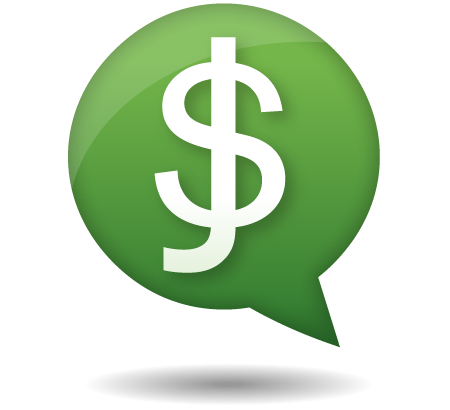Before we throw you a curve ball and talk some March Madness action, we fielded some of your questions in the first hour. We started with Ed in California, who is overseeing millions of dollars for himself and his family members. Even though he has done an amazing job on his own up until now, Ed wants to find a wealth advisor and is having a hard time finding somebody he trusts. After Ed we went to Aaron in Kentucky. Unlike Ed, things are a bit tighter for Aaron. A recently divorced father he's concerned about his future and wants to know what financial steps he should be taking right now to ensure a fruitful retirement.
[audio mp3="http://www.jillonmoney.com/wp-content/uploads/2017/03/March-25-JOM-Hour-One.mp3"][/audio]
Okay, here's our latest curveball for you guys. Every once in a while we like to mix it up and what better time to do that than March Madness? As you're sitting on the couch this weekend watching the action, you may see our guest on your television patrolling the sidelines of the basketball court. We're talking about none other than Dana Jacobson of CBS Sports!
Dana's world of sports sometimes collides with finance, especially when it comes money and college athletics. Should the athletes be paid? Or is the opportunity to earn a college degree enough?
[audio mp3="http://www.jillonmoney.com/wp-content/uploads/2017/03/March-25-JOM-Hour-Two.mp3"][/audio]
It's always fun to do something new and different. To hear the story behind the face you're seeing on TV. To hear how a person wanted to work in news but wound up in sports only to end up working in both news and sports. Talk about having the best of both worlds. Enjoy!
P.S. Check out our podcast! It's called Better Off and it's sponsored by Betterment. It's similar to the radio show yet a bit different. We'd love hear your feedback! You can download it via iTunes, Spotify or Google Play. If possible, please leave a rating and/or review in iTunes.
Thanks to everyone who participated this week, especially Mark, the Best Producer/Music Curator in the World. Here's how to contact us:
- Call 855-411-JILL and we'll schedule time to get you on the show LIVE
- Send an email: askjill@jillonmoney.com
- Tweet us: @jillonmoney and @MTalercio





